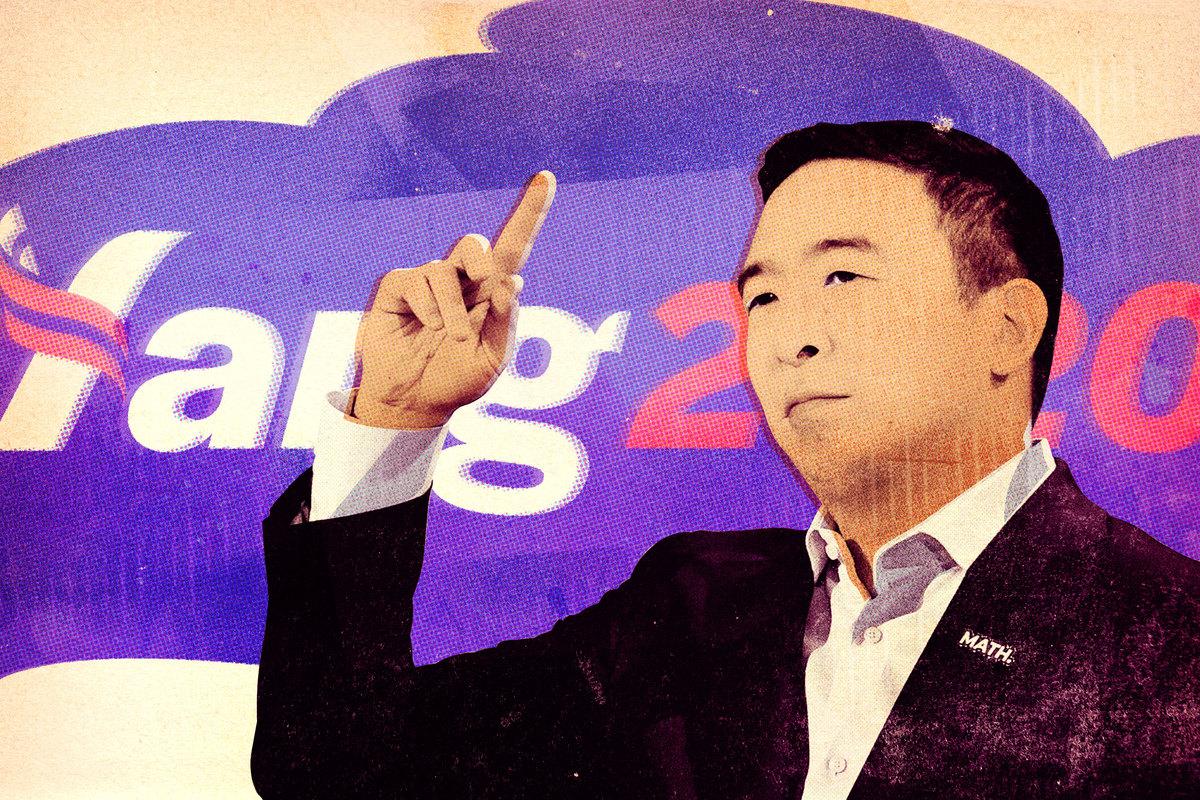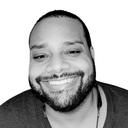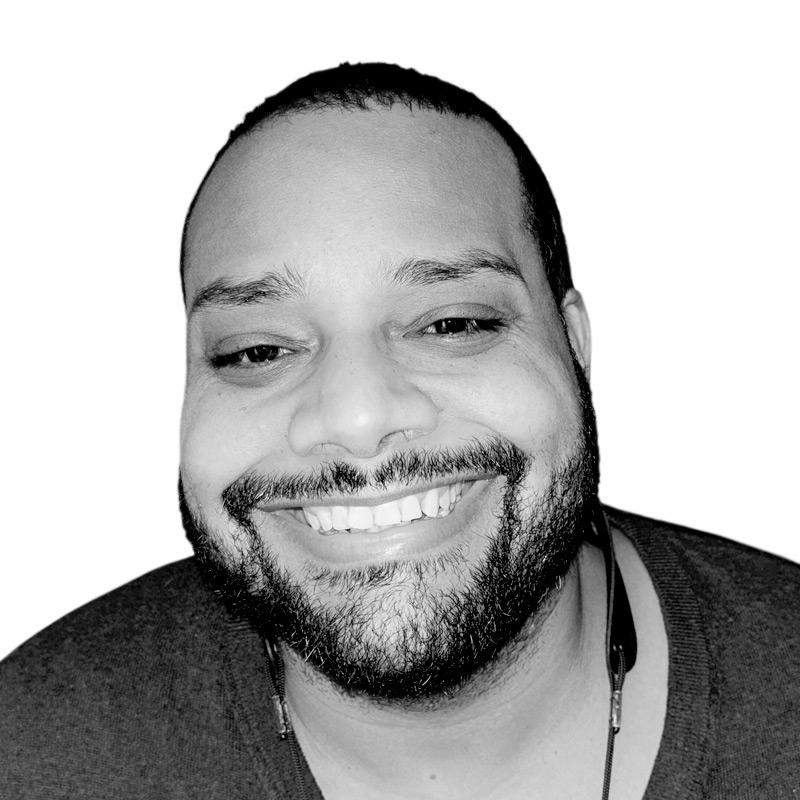
Shortly before Christmas, Andrew Yang asked the Democratic National Committee to commission new polls before the party’s next presidential debate, scheduled for January 14, so that he might clear the new 5 percent polling threshold required for participation. In the most recent polls, Yang stalls at 3 percent and fluctuates between sixth and eighth place. (The DNC denied Yang’s request.) Sixth place represents also-ran status for senators such as New Jersey’s Cory Booker and Minnesota’s Amy Klobuchar, but it counts as an impressive ranking for Yang, the 44-year-old entrepreneur and author who has cultivated the most peculiar political base in the 2020 presidential campaign season. He raised more than $16 million in the final quarter of 2019, and he’s earned a spot on the stage in the six Democratic presidential debates hosted so far. But his quarterly fundraising milestones cannot obscure his stagnation in most polls—stronger than Booker, as well as recent dropouts Kamala Harris and Julián Castro, but weak enough to suggest that Yang stands no chance at winning his party’s presidential nomination in the remaining six months until the Democratic National Convention.
Crucially, Yang doesn’t even excel in the debates. Rather, he excels in calling attention to his inclusion and, more frequently, his exclusion in the party’s nominating apparatus. Yang and his supporters underscore his position outside the Democratic establishment, pointing to his difficulty in clearing his party’s thresholds for debate qualification and his limited speaking time on the stage. They stress his significance as the first major Asian American presidential candidate and the only nonwhite candidate on the stage in the most recent debate. But Yang has more to say about prime time than he has to say during the debates, where he can struggle to articulate public policy concerns outside of his wheelhouse. Each month, Yang’s supporters rally against the debate moderators and cable news producers—chiefly, MSNBC—who they claim deny his campaign the coverage and deference afforded to the Democratic front-runners, Joe Biden and Bernie Sanders, as well as the “serious” challengers, such as Elizabeth Warren and Pete Buttigieg. Biden, Sanders, Warren, and Buttigieg have all led conventional political careers as elected officials, in contrast to Yang, an entrepreneur. On the campaign trail, Yang touts a universal basic income as his signature proposal—branded as the “Freedom Dividend”—a proposal that synthesizes Yang’s thoughts about wages, wealth, inequality, entrepreneurship, and “human-centered capitalism.” In Yang, voters find a youthful entrepreneur who articulates the American Dream more poignantly (and, worse yet, naively) than any other political figure in the post-Trump moment.
In speeches and interviews, Yang excels as a public intellectual. He promises to “rewrite the rules of the economy to work for us,” and he describes the threat posed to workers by robots in the workplace and lobbyists in Washington, D.C., but his policy prescriptions do not amount to socialism. “The substance of Yang’s campaign is shockingly easy to talk about,” BuzzFeed News editor-in-chief Ben Smith wrote. “It’s the politics that have been harder to figure, and they’re the reason that experienced political reporters (like me) have tended to write him off.” Yang and his supporters tend to echo Smith’s assessment: “The media has not exactly been the fuel behind my ascent,” Yang tells Smith, though Yang’s fundraising “ascent” hasn’t earned him the upticks in popular support that three other Democratic challengers—Warren, Buttigieg, and Klobuchar—have earned in recent months. Realistically, Yang is a long-shot candidate running for president in an overcrowded primary season; “the media” hasn’t discounted him any more or less than the likely voters have. Criticism of his candidacy has tended to focus on his position below six other candidates in most polls for the past year.
Yang challenges “the media” to take him “seriously,” though he doesn’t take his own presidential campaign so seriously when given the opportunity in prime time. For all his posturing against MSNBC, Yang has joked his way through the Democratic presidential debates, cycling through dad jokes, book plugs, and gimmicks at the expense of presenting a coherent political vision for his potential presidency. He opened the September debate with a pledge to donate $1,000 per month, for one year, to 10 families selected randomly from applications (in other words, subscriptions) sent via his campaign website. The stunt elicited laughs and groans from some of his competitors on the stage, but even if it wasn’t successful in driving viewers to submit their personal information to Yang’s campaign website, it established Yang as a far more modern presidential candidate in his easy, eager internet virality. Yang makes political leadership look fun. But even in his most sensible moments on the campaign trail, he struggles to fashion his arguments for UBI, data privacy, and his proposals to combat climate change (among other priorities) into the larger argument for his candidacy, principally, why Andrew Yang should be president of the United States. Yang doesn’t lack political experience so much as he lacks the political urgency with which Biden, Sanders, Warren, Buttigieg, Booker, and Klobuchar pitch themselves as presidential figures. With his informal approach to campaigning, Yang can seem to be leading a high-concept book tour more than he’s leading a presidential campaign.
Granted, Yang means to upend the presidential archetype. In many ways, Booker and Buttigieg have been preparing to run for president for years; the idea to run for the nation’s highest office seems to have come to Yang on the fly. Four years ago, Donald Trump overhauled the archetype in his own, dark way. Yang strives to counteract Trump’s populism by creating a youthful, congenial campaign designed to deescalate culture-war skirmishes and diffuse hyperpartisan contrasts. It’s an honorable mission, and Yang campaigns with great savoir faire compared with the other long-shot moderates in the race. He’s developed a passionate following— the “Yang Gang” as his supporters call themselves—but it’s hard to discern a coherent political through line among them. They don’t resemble a faction rooting for the broader trends in Democratic policymaking so much as a fandom rooting for Yang as the avatar for friendly persuasion in otherwise combative times. There’s a profound disparity between the urgency with which Yang’s supporters call for his inclusion in the debates and the eagerness with which Yang resorts to punch lines once it’s his turn to speak. But what would Yang be, and how much lower would he poll, without the charisma and informality that renders him at once vital and superfluous in the campaign? Yang polls at 3 percent, but the brand is strong.

